In the fast-growing field of biological sciences, there has been no one quite as influential as Dr Rajesh Gokhale. From a young aspiring scientist in 1967, Rajesh Sudhir Gokhale rose up to be a prominent professor and leader in the field not without passion, hard work, creativity, and love for biology.
Presently Biological Scientist Rajesh S. Gokhale has been holding the portfolio of Secretary to the Department of Biotechnology (DBT), Government of India since October 2021, Here too He has brought a wealth of experience that has helped him to chart the future direction of biotechnology in India through academia as well as public policy. This biography will discuss his life background, education, major accomplishments, and contributions to the enhancement of biological sciences.

Synoptical View of Rajesh Sudhir Gokhale
| Field | Details |
|---|---|
| Date of Birth | 1967 |
| Place of Birth | India (exact location not specified) |
| Education | Alumnus of the Indian Institute of Science |
| Associations | Indian Institute of Science Education and Research, National Institute of Immunology, Department of Biotechnology (DBT), Indian Academy of Sciences, Indian National Science Academy, Council of Scientific and Industrial Research |
| Age | Approximately 57 years (as of 2024) |
| Nicknames | – |
| Epithets | – |
| Prominent Acchivements | – Secretary for Department of Biotechnology, Government of India- Discovery of Long-chain Fatty acyl-AMP ligases (FAAL)- Contributions to the understanding of Mycobacterium tuberculosis |
| Awards | Shanti Swarup Bhatnagar Prize for Science and Technology, National Bioscience Award for Career Development, Fellow of the Indian Academy of Sciences and the Indian National Science Academy |
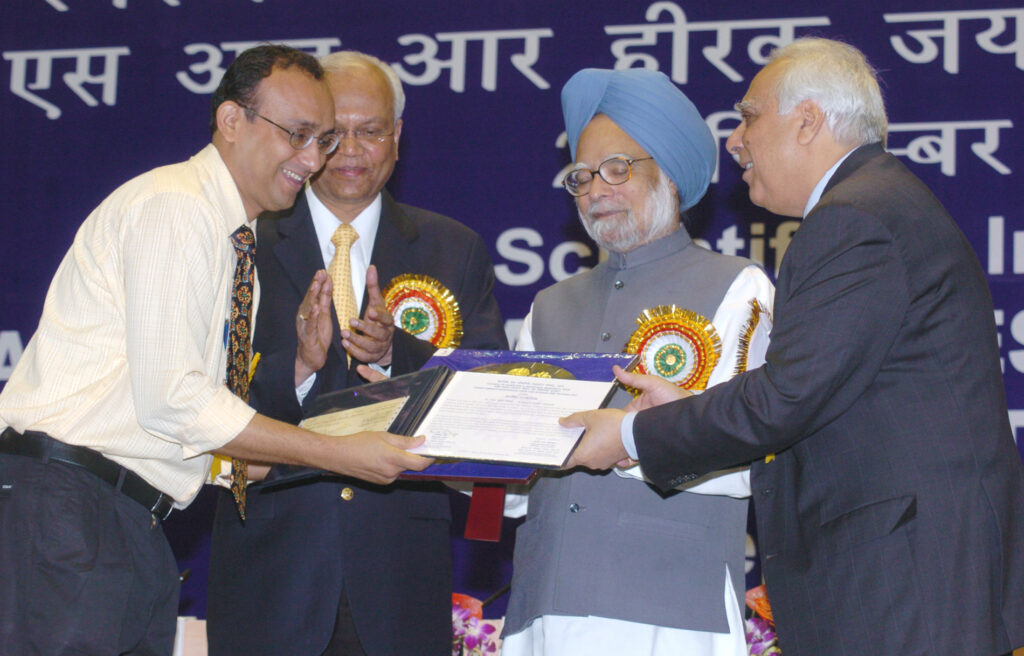
Early Life and Education
Rajesh Sudhir Gokhale was born in 1967 in India, He is a successful businessman running the Irrigation Department of the government of India. Born and raised under very productive parentage, Gokhale had early strengths in science and curiosity. He was fascinated by knowing things thus achieving academically to warrant a future as a biologist.
- He continued his undergraduate at the Indian Institute of Science (IISc) and made the foundational progress for a scientific career. Studying applied mathematics and getting access to the demanding academic environment and research investigations at IISc influenced his decision to select biology interest areas, especially immunology and microbiology.
- After his undergraduate degree, he stayed in the same university to further his studies and earn a Master’s degree before charting an incredible course in research.


Postdoctoral Training at Stanford University
Later on, after the postgraduate level of education, Dr Rajesh Gokhale planned to receive postdoctoral education at Stanford University in the United States.
- It was one of the most important turning points in his career because it provided him with a great chance to cooperate with leaders in the fields.
- During his graduate study at Stanford, Dr Rajesh Gokhale strengthened his research skills and became aware of some newly developed techniques in molecular biology and genetics.
Schooling Stanford University As a student at Stanford he embarked on research that would act as a framework for his advancements in immunology and microbiology. It also enhanced his academic education and provided him with many collaborators and mentors working all around the world which were crucial for further employment.
Academic Career at the National Institute of Immunology
After that, Rajesh Gokhale went back to India and started working at the NII as a faculty. This is considered the starting point of a very productive scholar whose work would go a long way in advancing careers in microbiology and immunology.
- At NII, Dr Rajesh Gokhale’s research was in the area of metabolic profiling of pathogens, and Dr Rajesh Gokhale says, ‘In NII, Mycobacterium tuberculosis was my great passion.’
- His valuable work was focused on uncovering important indices of the biochemical interaction between fatty acid synthases and polyketide synthases in Mycobacterium tuberculosis.
These discoveries also added valuable insights on TB to the body of knowledge in the scientific literature and created new opportunities for the search for new approaches to combating this unwavering dangerous disease. Science authorities rely on him for inputs of metabolic pathways in pathogens, and that has made him a notable figure in tackling infectious diseases.

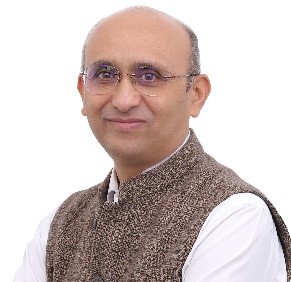

| Also read about Dr. Gagandeep Kang, the trailblazing “Vaccine Godmother of India,” known for her groundbreaking work in immunology and public health. |
Director of the Institute of Genomics and Integrative Biology
IGIB is one of the nation’s leading research institutes for the same period from 2009 to 2016 Rajesh Gokhale held the position of the Director of the Institute. During his tenure, he strengthened IGIB as a leader in both innovative research and technology in genomics and Integrative Biology.
- Many of these features should be attributed to Dr Rajesh Gokhale himself who served as the director of the Institute since its inception and whose leadership was characterized by solicitousness of interdisciplinary cooperation and patronage of young scientists.
- He supported processes that inspired scholars to investigate the connections between genomics, biotechnology, and systems biology with works that advanced the comprehension of intricate biomechanisms.
This productivity was witnessed through the achievement of setting up of research facilities and linkage with institutions from other parts of the world. IGIB is indeed fortunate to have had the vision of Dr. Rajesh Gokhale in leading IGIB into a path that would further enhance India’s reputation in the scientific world in the biological sciences field.
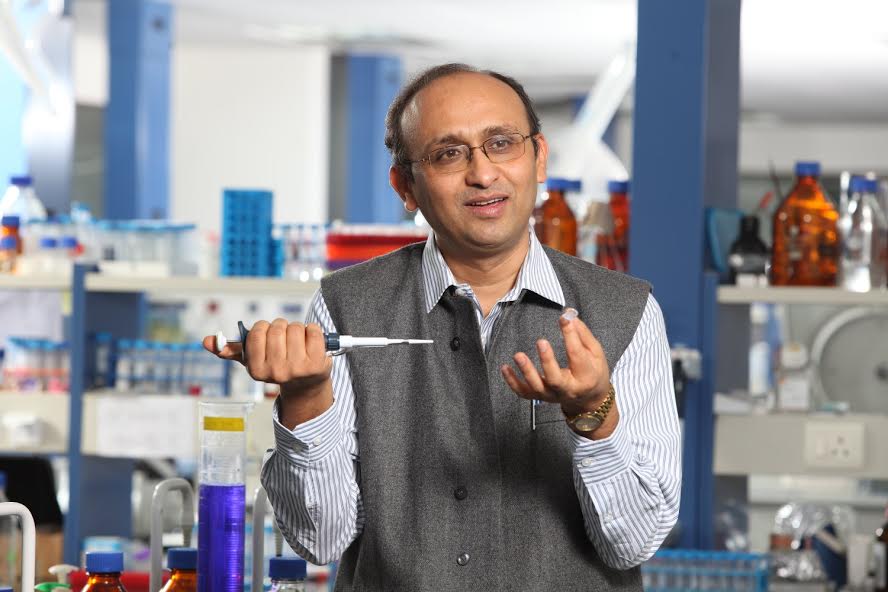
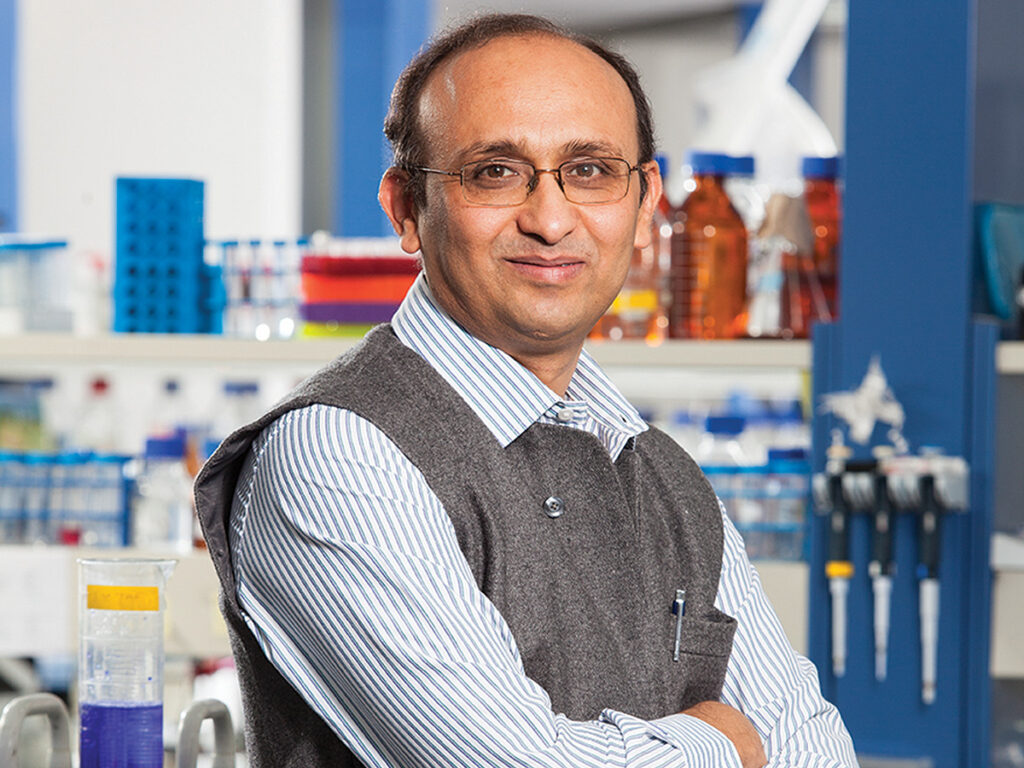
Contributions to Biotechnology and Patents
In addition to his research and academic contributions, Rajesh Gokhale has actually gone further to pursue the practical deployment of biotechnology solutions.
- The findings of his research resulted in the identification of the novel family of enzymes involved in lipid metabolism known as long-chain fatty acyl-AMP ligases or FAAL.
- Dr Rajesh Gokhale has patents in the United States and India for methods for regulating pigmentation using melanocyte skin cells. It has implications in dermatological research and cosmetic sciences: One must therefore remember that Gokhale was always successful in translating research into practice.
Recognition and Awards
It should also be noted that Dr Rajesh Gokhale has a great number of accomplishments in the sphere of biological sciences. This has gained him many honors as well as recognition for carrying out research work of great significance.
- The recipient of several honors, Sharma received the Shanti Swarup Bhatnagar Prize for Science and Technology in 2006, which is one of the highest recognitions any Indian may receive in the realms of science and technology.
- It was his research in the field of biological sciences that made him popular as one of the most distinguished scientists in the country.
- More so in 2007, Gokhale was on the fellows list of the Indian Academy of Sciences for being a major contributor to society in the scientific research field and the efforts toward the growth of the research field in India.
- He went on receiving appreciation and was elected as a fellow of the Indian National Science Academy in the year 2014 and this also testify to the fact that he was well accepted as and recognized as a scientist.
- For his remarkable contribution to biosciences and for promoting biosciences in the country in an organized and systematic manner Dewan has been honored and awarded with National Bioscience Award for Career Development in the year 2009 under DBT.
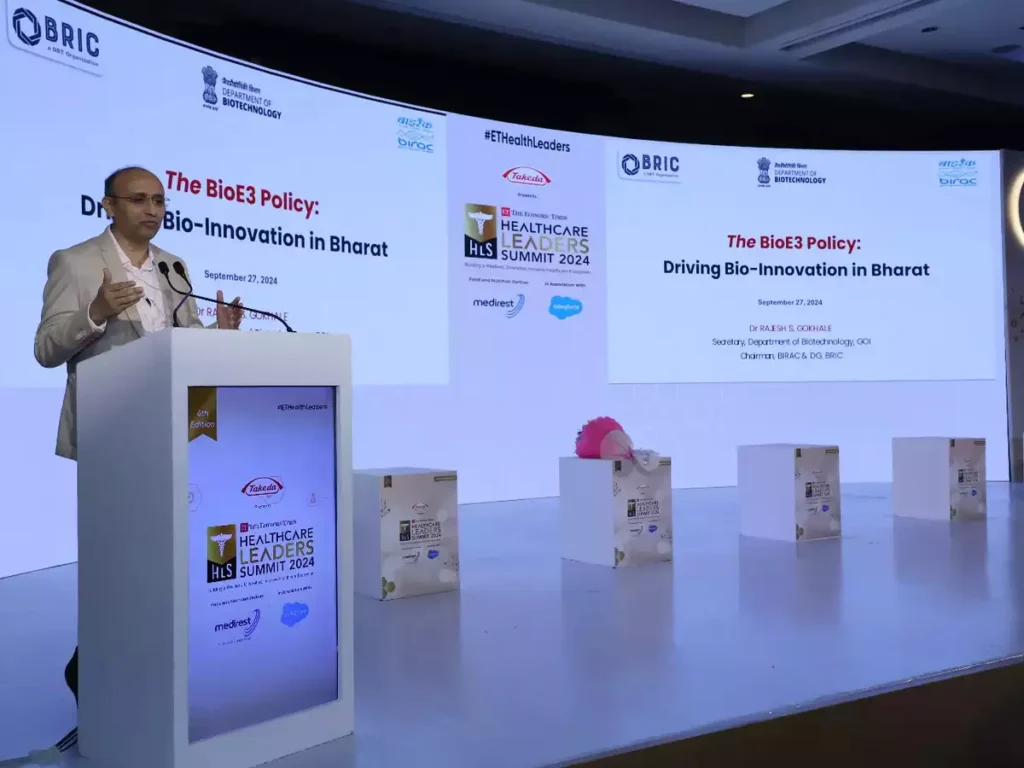


Current Role as Secretary of the Department of Biotechnology
Rajesh Gokhale also holds the position of Secretary for the Department of Biotechnology (DBT) of the Government of India since October 2021, after assuming challenging responsibilities. As such, he is seized with the task of coming up with and championing policies that would encourage more research and development of biotechnology in Uganda.
- In occupying the position of Secretary, Gokhale has been keen on advocating for the nation and society in supporting the complex system of cooperation between universities, companies, and the government.
- His vision here is to apply biotechnology to solving key challenges that exist in health, food, and in the management of the environment.
- During his tenure, the DBT has sanctioned several schemes to boost research and development in biotechnology so that India would not lag behind in scientific progress.
- Perhaps, it is for this reason that Gokhale is well placed to champion change that could chart the future of biotechnology either in India or other parts of the globe given his training in research and policy consultancy.
- His work and dedication to the upliftment of science and technology for the benefit of humanity still serve as an example to many in the scientific field and intending innovators across the county.
Impact on the Scientific Community
Dr. Rajesh Sudhir Gokhale has, through his path through academics and government, influenced the progression of science in India in a major way. Driven by outstanding scientific research, active management positions, and devotion to education, he profoundly inspired young enthusiasts toward a successful career as biological science professionals.
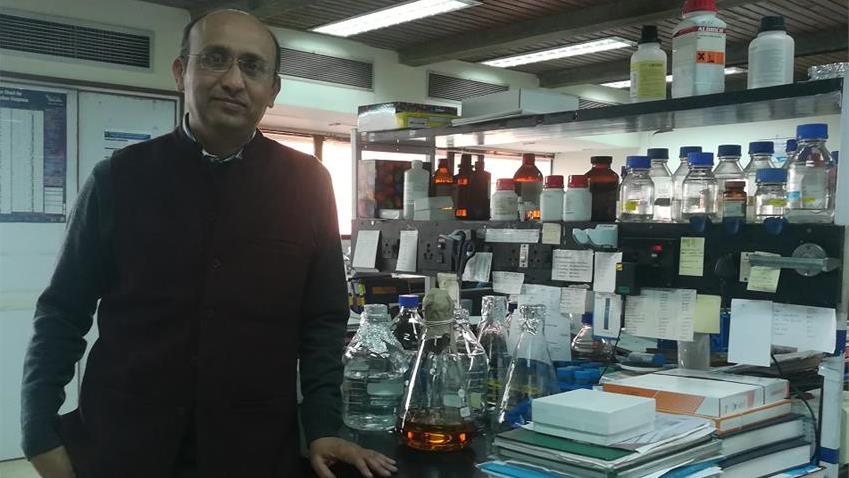
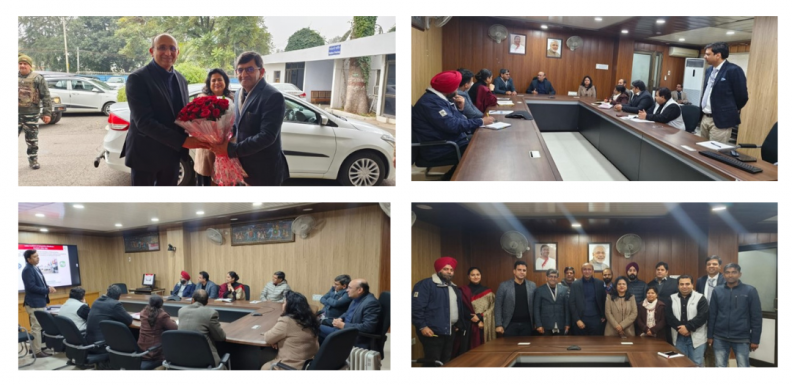
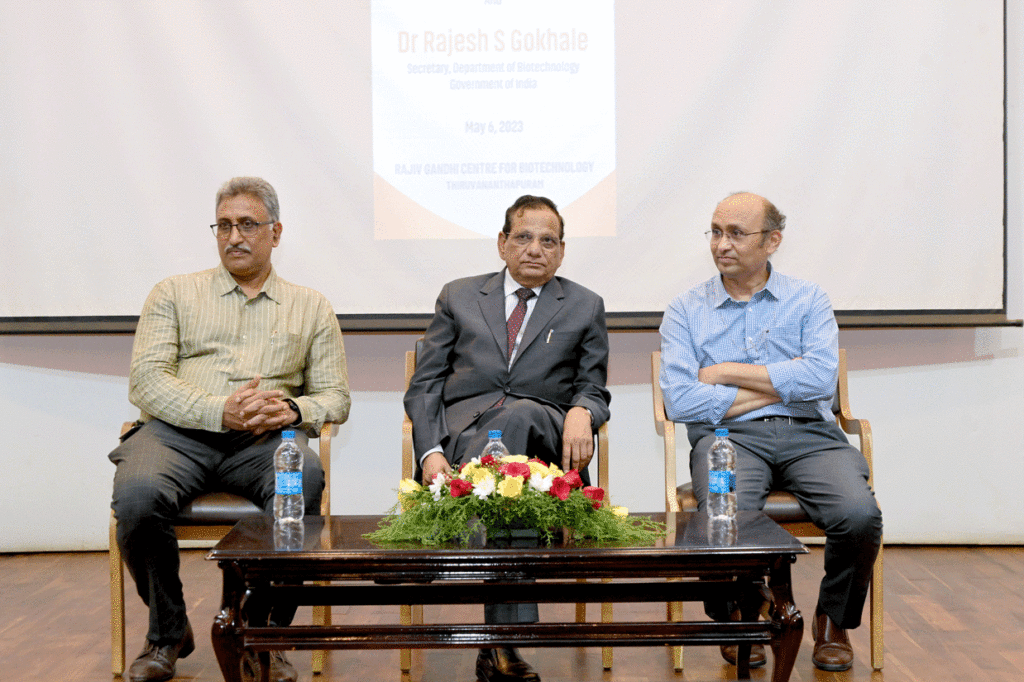
- On the other hand, Gokhale has acted as a great mentor and guide for future generation researchers. His concentration on teamwork and creativity has motivated several to work out new ideas in line with his concentration in science.
- Furthermore, the work done by Gokhale himself in the DBT has put biotechnology in the front bench when it comes to sci-tech development for India. He has worked hard to support the nation’s growth through research and innovation, and some of the current issues affecting society.
Rajesh Sudhir Gokhale’s biography characterizes it as a classic example of hard work, creativity, and achievement in biological science. Raising from his education at the Indian Institute of Science right up to his position as the Secretary of the Department of Biotechnology, Gokhale has been at the frontier in defining advancement in scientific horizons’ and ‘usage’ domains. He continues to spearhead projects focused on the metabolic lifestyle of pathogens and serve as a scientist-in-charge at the Institute of Genomics and Integrated Biology, besides participating in policy service.
Due to various awards and recognitions that she has received most of them are noble and Gokhale is a role model for young scientists and researchers in India and globally. His lasting successes are not just personal professional accomplishments, but also the investment in finding and raising the new generation of scientists. Guiding the progress of biotechnology, Rajesh Gokhale is preparing for the future of the biological sciences development in India right now.
